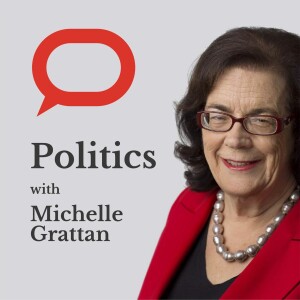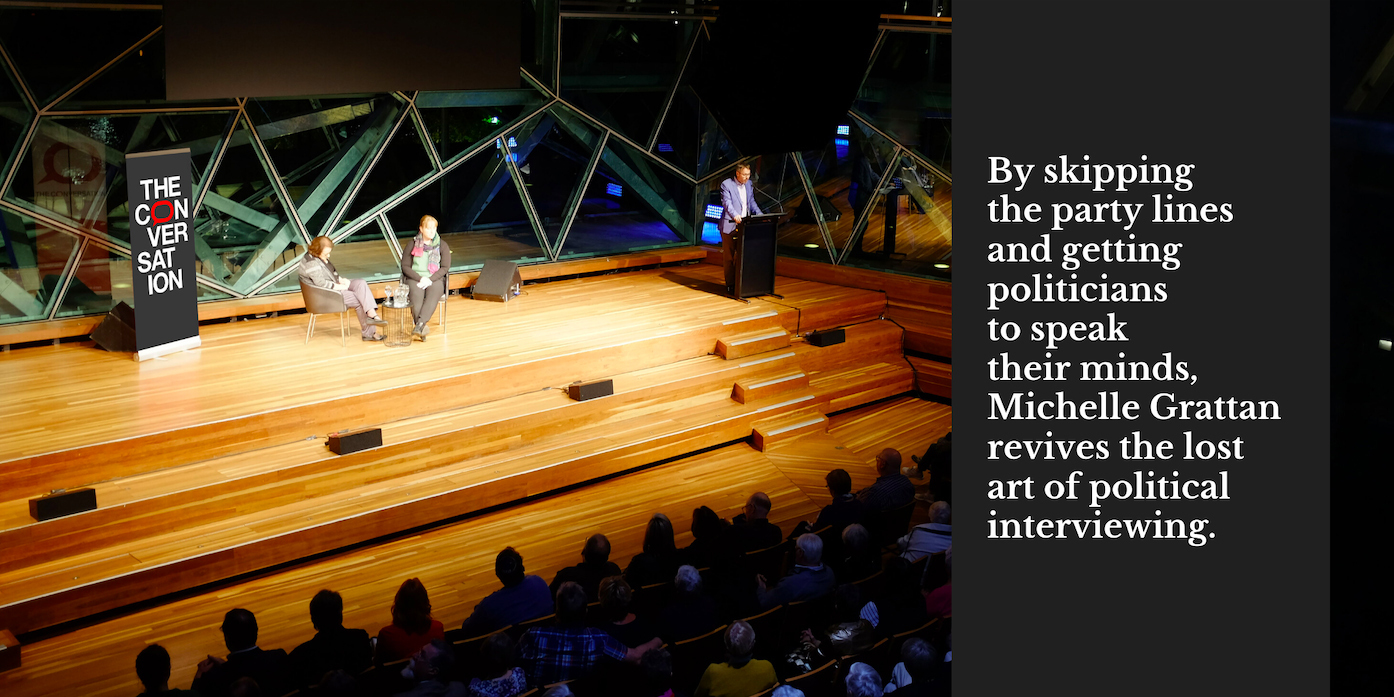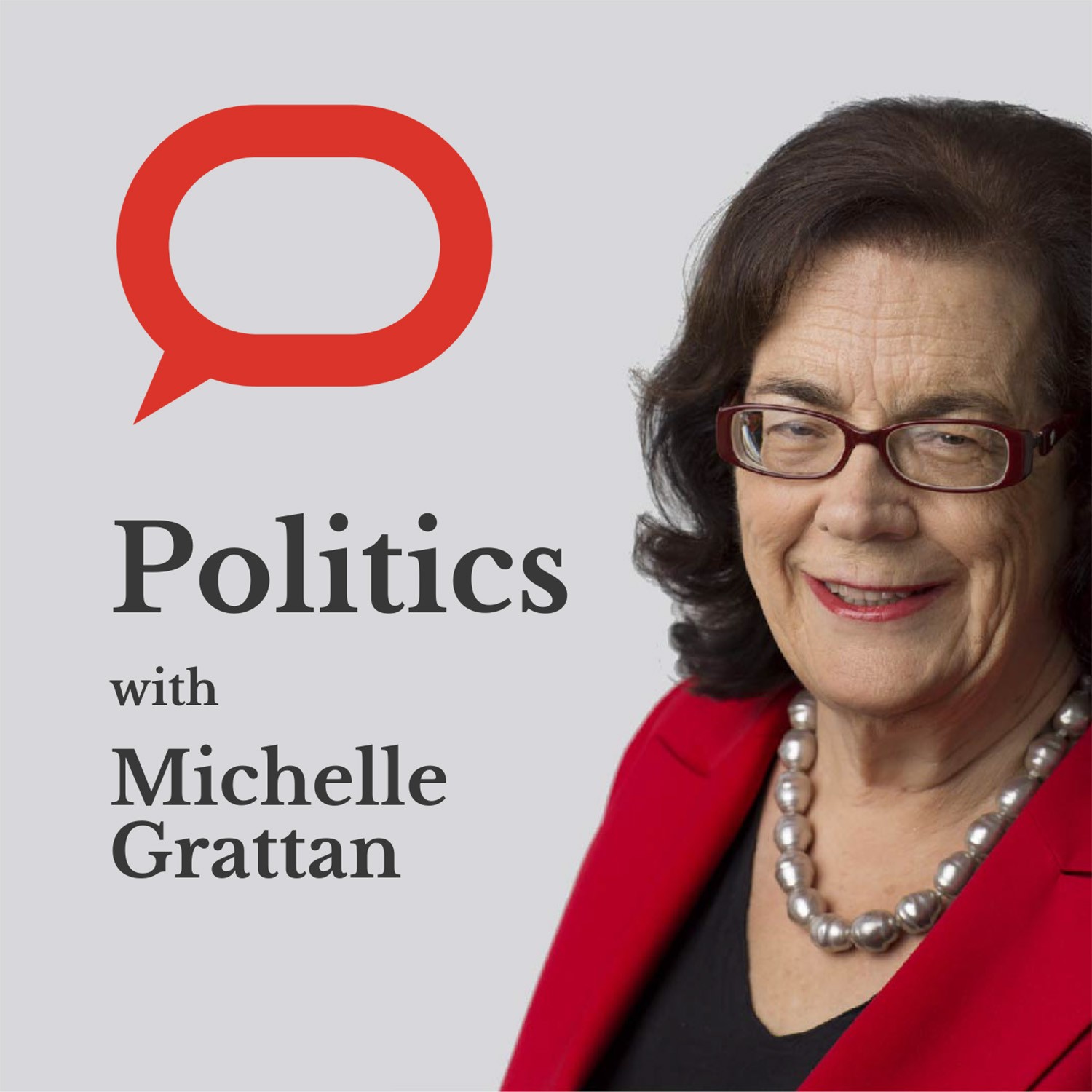Episodes

Thursday Aug 04, 2022
Tom Calma on the Indigenous Voice to parliament
Thursday Aug 04, 2022
Thursday Aug 04, 2022
The Albanese government has released the draft wording for enshrining an Indigenous Voice to parliament in the constitution. Anthony Albanese is making a referendum a priority but history tells us how hard these are to pass.
Tom Calma, Chancellor of the University of Canberra, has been a leading participant in Indigenous affairs for many years. He and professor Marcia Langton prepared a report for the Morrison government on the Voice. They recommended a Voice structure involving local and regional levels as well as the national level.
The Albanese government has not spelled out a detailed model for the Voice it proposes, but the extensive consultations Calma and Langton undertook produced insights that will help shape the conversations ahead.
“We’ve got to understand that when we talk about the Voice through referendum changes to the Australian constitution, [it] is only about Commonwealth legislation and not about state and territory legislation,” Calma tells the podcast.
He says during the consultation process, people said “we support a national voice, but don’t forget us at the local and regional level, because that’s where all the action takes place”.
“When we look at education, employment, health service delivery, all of that takes place under a state or territory jurisdictional level, supplemented by funding from the Commonwealth. It’s administered through the states and territories by and large.”
Calma says regional groups could “do the canvassing of the membership and push that up to the national-level voice”.
“There needs to be these other regional level arrangements and all the [federal] government needs to do is to agree to that – and then the dialogue can start with the states and territory governments to build up what form it might take.
"But none of this is coming out cold because in every state and territory, they’ve already got some form of arrangement. And this is really about saying, how do we maximise the impact of the current arrangements, give them a secretariat, give them some guidance and support and make it an inclusive body?”.
The proposed Voice, Calma stresses, “is about giving an Aboriginal and Torres Strait Islander person’s perspective on that new legislation. But it has no other authority to veto or to direct politicians on how to think. This is only an advisory body and to make comment, so we have formal input by Aboriginal Torres Strait Islander people into legislation that most affects us.”
Calma says Aboriginal and Torres Strait Islander people “don’t always speak with the same voice and we all have different experiences, we represent different demographics and so forth.”
He rejects the argument that a Voice isn’t needed because there are 11 Indigenous members of the federal parliament. “We can’t expect that the elected politicians […] are going to be able to give a view for all Aboriginal or Torres Strait Islander people.”
“What we envisage is that the Voice […] will be able to work with the bureaucrats in providing Aboriginal and Torres Strait Islander perspective to bills, so that by the time [legislation] reaches parliament a lot of the issues might already be sorted out […] Once that relationship with Commonwealth agencies and departments starts to mature, hopefully those departments and agencies will work with the Voice group to look at their existing policies and programmes.”
“The Voice would not be usurping the role of any existing organisation. It would be about partnership, it’s about capacity development, it’s about inclusion.”
“I’m very confident that we could work cooperatively with the parliaments of the day - and that’s both the federal and the state and territory parliaments - for the betterment of Aboriginal and Torres Strait Islander people”.


No comments yet. Be the first to say something!